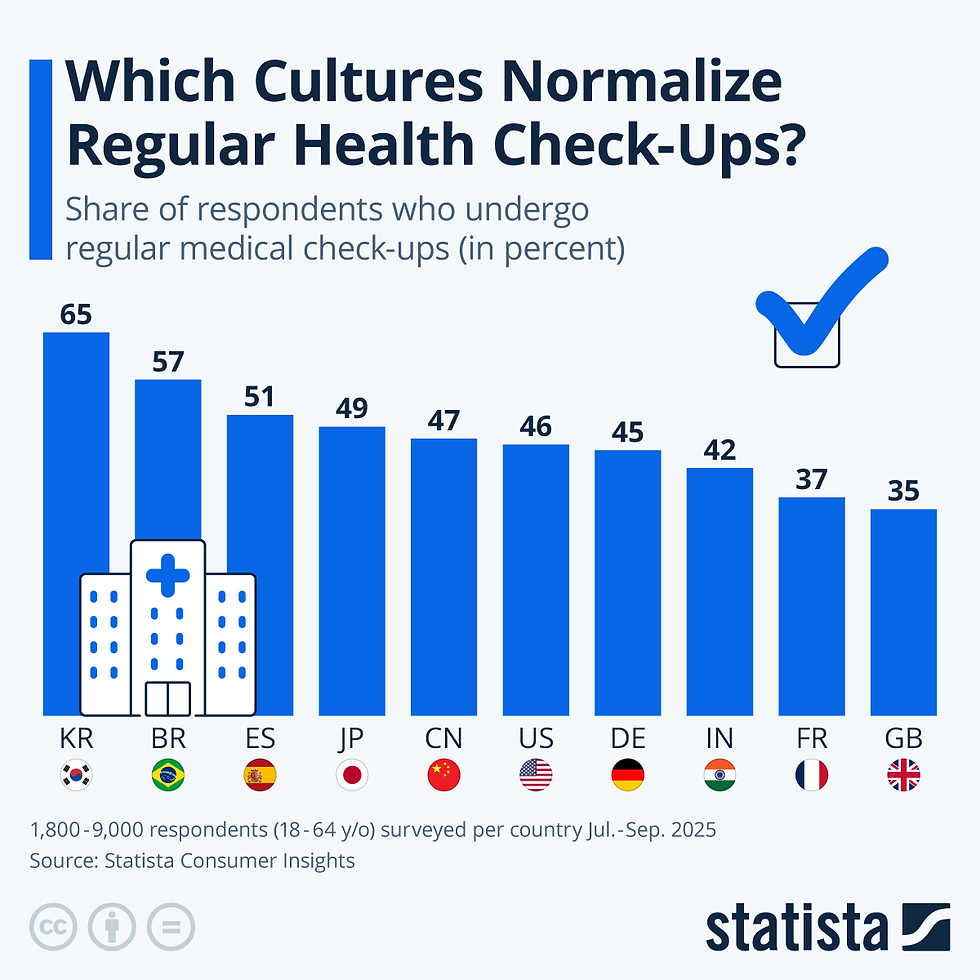Arctic Sea Ice Cover Hits Record Lows in 2023
- Create and Learn

- Jul 19, 2023
- 2 min read

This article is published in collaboration with Statista
by Anna Fleck
New research has found that the Arctic could be almost free of floating sea ice during summer by the 2030s - roughly a decade sooner than previously thought. Scientists say as much as 90 percent of the melting is the result of human-caused global warming and that even if extreme emission-reducing steps were taken, it is now too late to save the region’s summer ice.
Prof Dirk Notz, of the University of Hamburg, Germany, who was part of the research team, told The Guardian: “As scientists, we’ve been warning about the loss of Arctic summer sea ice for decades. This is now the first major component of the Earth system that we are going to lose because of global warming. People didn’t listen to our warnings. This brings another warning bell, that the kind of projections that we’ve made for other components of the Earth system will start unfolding in the decades to come.”
The following infographic uses data from the National Snow and Ice Data Center to show how Arctic summer sea ice has followed a trend of decreasing its cover by almost 13 percent per decade. 2020 had the most sea ice melt since records began in 1979, hitting only 4 million km² of ice cover in September, following the warmer months of summer. But as our chart shows, winter ice too is retreating in the Northern Hemisphere, with both January and February of this year having seen historic lows of coverage.
The Arctic has been warming faster than the rest of the world. This is primarily caused by Arctic amplification, a process whereby the white ice (which reflects sunlight well) melts, leaving dark sea water below, which is better at absorbing radiation and so warms up more quickly. In fact, the Arctic warmed four times faster than the rest of the world over the past 40 years, which is twice as fast as the IPCC had predicted.
Statista analysts from the State of the oceans 2023 report explain that this loss of sea ice will not only speed up the erosion of Arctic coastlines, but will impact global weather patterns. At the same time, we can expect to see increased human activity with the new access to the Arctic, known to be rich in natural resources, which will further disturb Arctic ecosystems.
For more information on the topic download our free report - State of the oceans 2023 - made in collaboration with the German Ocean Foundation.
Start leaning Data Science and Business Intelligence tools:




























Comments